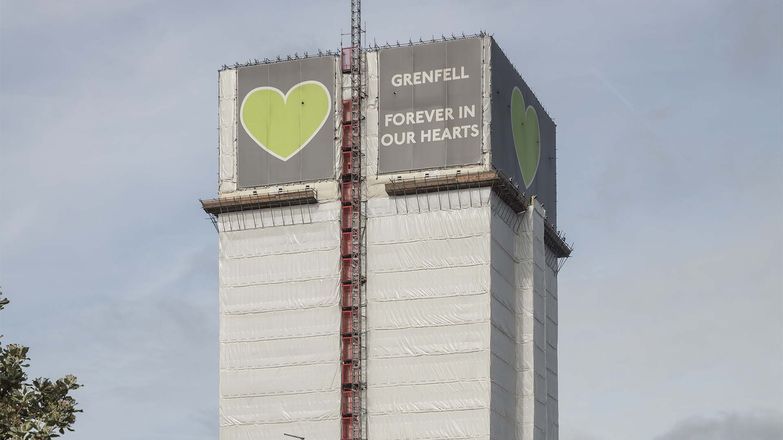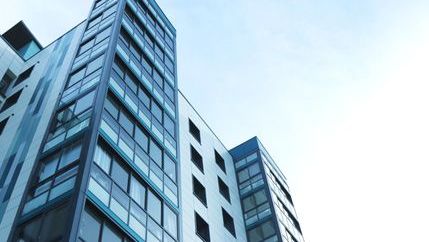
Between February and March 2023, the Department for Levelling Up Housing and Communities consulted on the scope of the type of buildings and which remediation costs that protections should apply to, as well as the steps that building owners (freeholders) should take before passing on costs to leaseholders.
Propertymark strongly believes that developers or the parties who were responsible for the building safety issue should pay for the remediation costs and that current leaseholder protections do not go far enough. While we understand that there may be instances where the responsible party cannot be identified, meaning there will be instances where leaseholders may have to help cover remediation costs, Propertymark highlights several areas where current proposals can be strengthened to limit the number of leaseholders who contribute to remediation costs.
Widen the scope of protections to cover all buildings and safety defects
Current proposals limit leaseholder protections for leaseholders to buildings at least 11m tall, risks that arise from a spread of fire or from structural collapse and defects created in the past 30 years. Limiting protections in this way would lead to leaseholders covering the costs of defects they were not responsible for, so we, therefore, call for these limitations to be removed.
Ensure that protections apply to future safety defects
While we acknowledge that future legislation is looking to tighten safety rules on construction products and buildings, ensuring protections apply to future safety defects will provide further reassurances to leaseholders that they will not be required to contribute to remediation costs.
Establish a centrally funded remediation scheme to identify responsible parties and support landlords who are seeking alternative recovery methods
A centrally funded remediation scheme would ensure that sufficient resources could be used to ensure that those responsible for historic safety defects can be identified. Additionally, the scheme would provide additional support for landlords who are looking to recover remediation costs, preventing leaseholders from being charged.





